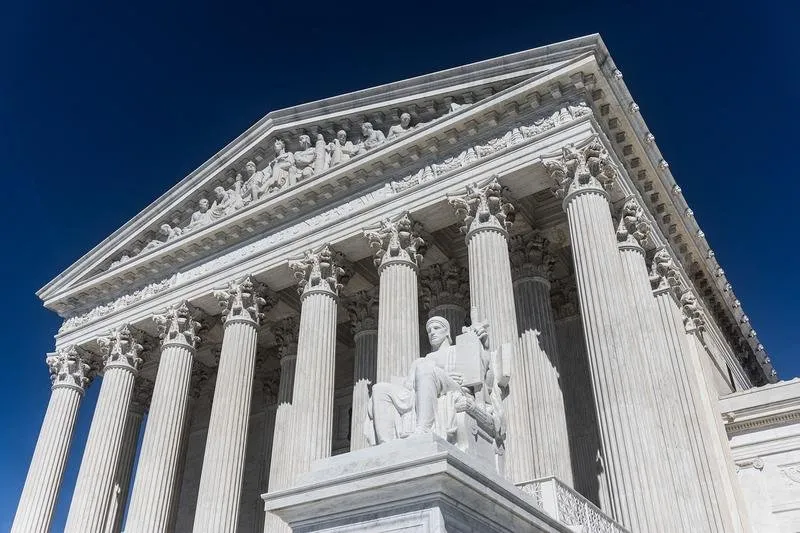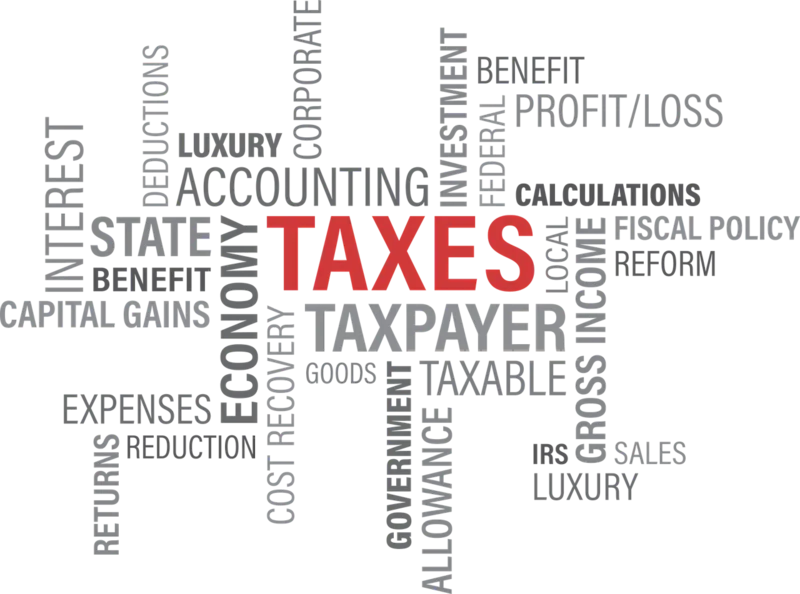
DAG's, or decentralized autonomous governments, could perhaps be the most disruptive force within the crypto space that a lot of people aren't talking about.
To me, a DAG is a collection of DAO's, or decentralized autonomous organizations (some say organisms). In the same way a DAO is a collection of smart contracts. The DAO's would work together under one umbrella and serve different functions within the virtual government. So in my way of thinking, you'd have a DAO (or maybe a couple) that would serve functions within the Treasury. You'd have a DAO that citizens of said DAG could interact with in a legislative fashion to change the way the system works.
This is so potentially disruptive because what do we know about machines? Machines do many things better than organic humans. They calculate better, they work better, they're faster, etc. The ability to "print" money with cryptocurrencies has already challenged the global financial order...and we're just at the beginning of this paradigm shift. If theoretically, anyone can create their own currency and reshape the order of things because the currency is no longer dominated by Central Banks, then we have to ask ourselves what decentralized governance can do for humanity.
Wouldn't blockchain governance be more efficient than real-world governance? Because of how blockchains work, you'd dramatically decrease, if not abolish, corruption and bias within law. The smart contracts that would make up the DAG would be transparent and immutable by default. Corruption festers in politics why? Because of secrecy and the LACK of transparency.
A virtual blockchain state would also be able to do things current crypto platforms can already do. So we already know a virtual state could sustain itself financially. I think it would be a matter of defining how far you'd be willing to go to reinvent the wheel.

How would you implement an arbitration system?
What roles will citizens be able to play within the decentralized government?
Would you create a carbon copy of the real world or would you test theoretical forms of government? That is possible on the blockchain. It would just be a matter of forming a Constitution that reflects what you're trying to accomplish.
Would the citizens have a role in what gets put into the Constitution?
How would citizens be able to be productive in this virtual society?
I have answers to a couple of these questions - ideas more than anything. I think a potential answer to the last question is gamification. What if a group of highly-disruptive individuals modeled a DAG around present-day games like The Sims or the Civilization series? If we're talking about a token economy, you could create tokens to represent anything and have an internal exchange whereby people could exchange tokens for other things of value.
So let's say in this DAG, we give people the ability to clear forests. Clearing forests creates open land where citizens can bid on the land to put things on it. The wood is either kept and taxed by the person who cleared the forest...or it is given to the DAG and kept in a resource depot. Other citizens can go to the depot and buy the wood to build whatever we'd allow people to build in-game that requires wood. So houses, furniture, etc, etc.
This is a very rough picture I have in my head of how we'd be able to create productivity in the DAG by using gamification systems that have already existed in video games for years now. We'd just be adding a blockchain and a decentralized government.
What do you guys think about the idea of decentralized autonomous governments?
Source of Photos
https://pixabay.com/en/us-supreme-court-building-2225766/
https://pixabay.com/en/tax-taxes-government-refund-word-1351881/